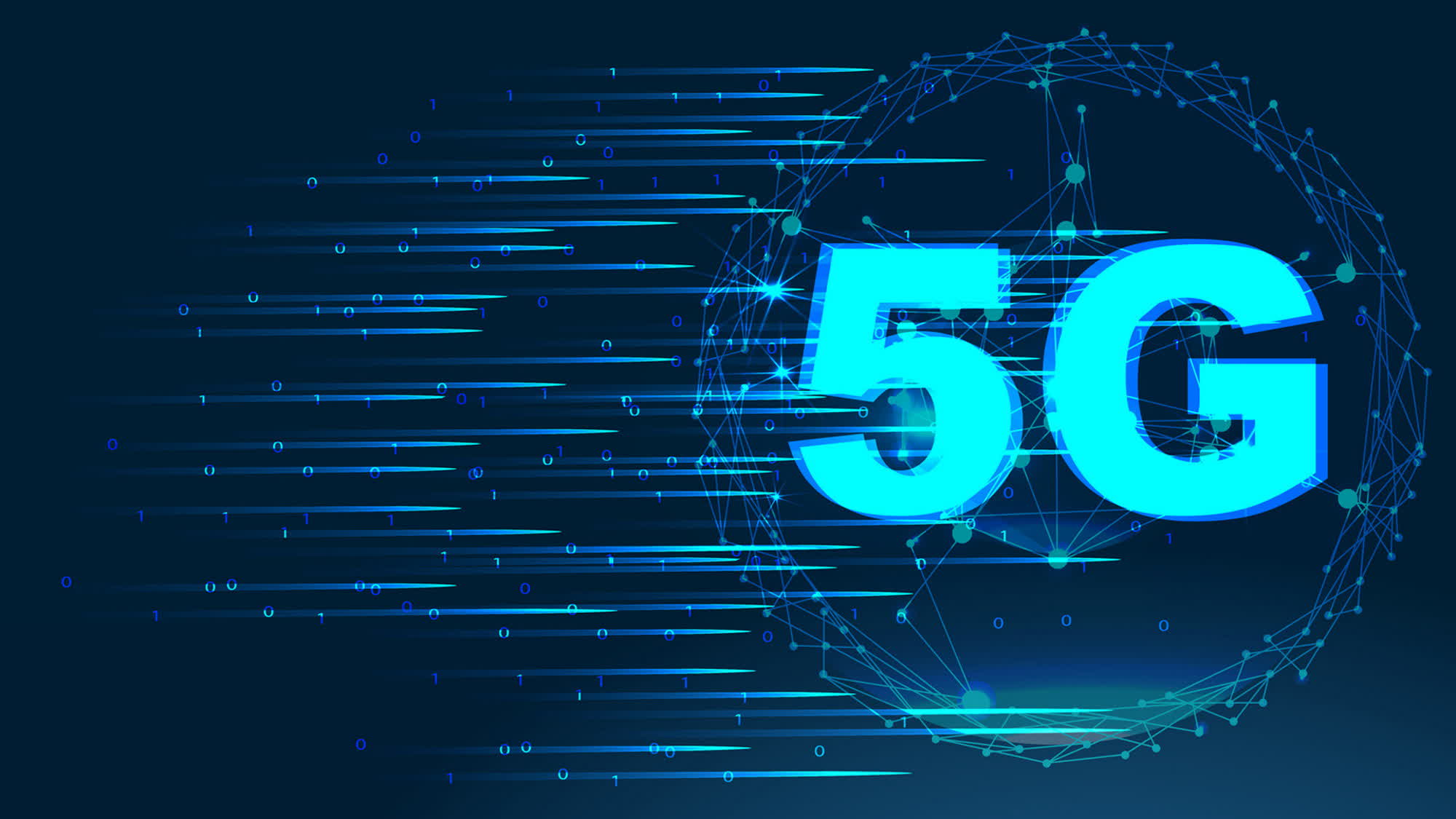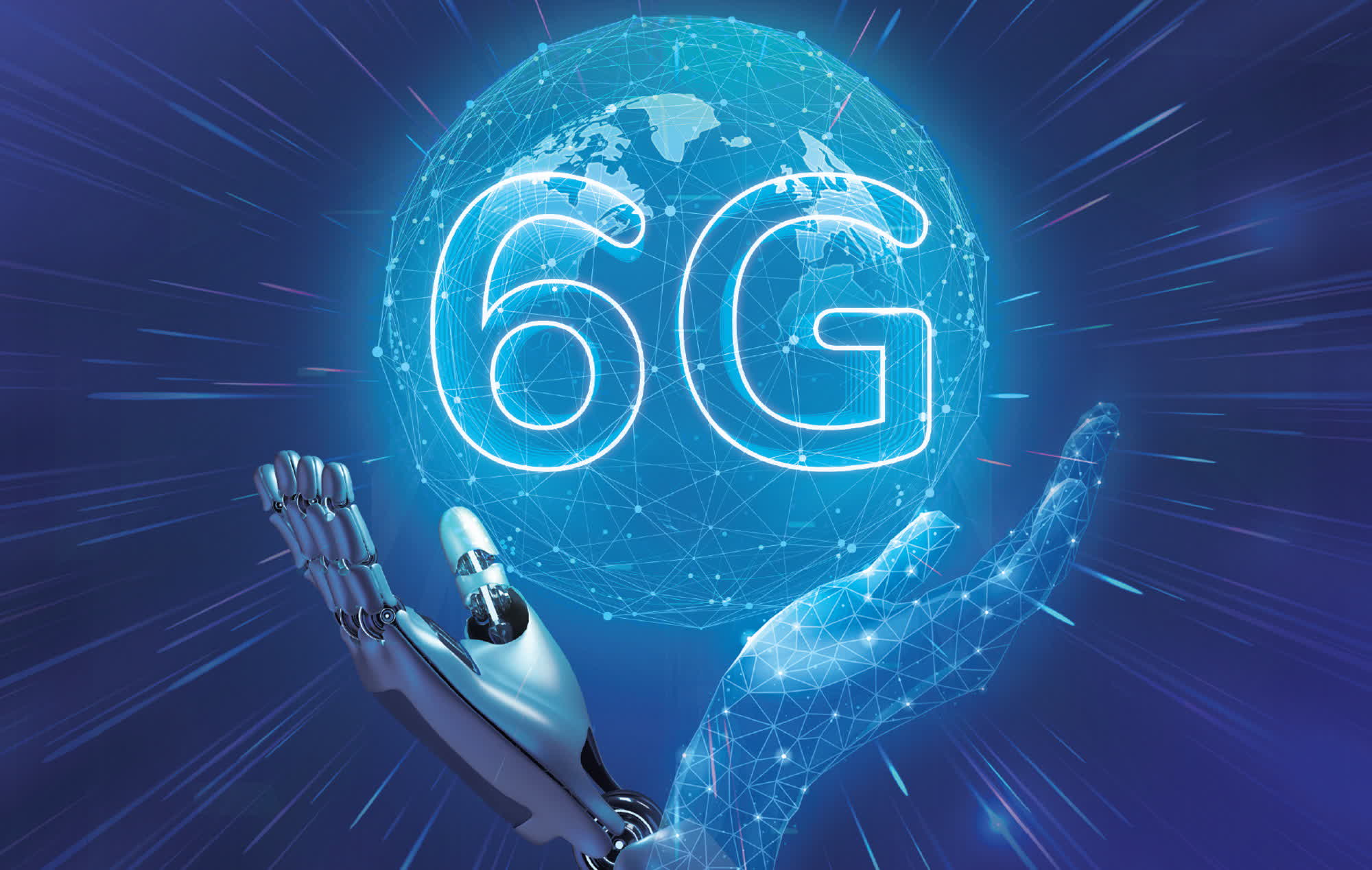A hot potato: 5G was initially hailed as an unparalleled technological revolution in broadband cellular communications. However, the actual products related to 5G have fallen short of being revolutionary. SK Telecom now believes that the industry needs to progress by creating a more distinct and captivating vision for the upcoming generation of mobile networks.

SK Telecom, the largest wireless carrier in South Korea with over 30 million subscribers, is part of the prominent industry conglomerate SK Group. The company has recently released a white paper addressing 6G networks. In the realm of the next generation of mobile broadband, there are valuable lessons to be gleaned from the deployment of 5G, which, according to the SK Group, fell considerably short of the industry's initial expectations.
The second chapter of the white paper, aptly titled "5G Lessons Learned," asserts that current 5G services have not achieved the ambitious promises made back in 2019. Despite having been in commercial use for four years, the white paper notes, the technology behind 5G alone has not truly been transformative.
The fifth-generation technology standard for broadband cellular networks was solidified through the ITU-R's 5G Vision Recommendation and published by the UN agency in September 2015. As the industry geared up for 5G, innovative and groundbreaking services like fully autonomous driving, UAM, holograms, and "digital twins" were the talk of the town. However, when these services eventually entered the market, many of them fell short of meeting the anticipated expectations.

SK Telecom's white paper contends that the telecom industry should have adopted a "more objective perspective" regarding 5G. The paper suggests that the issue wasn't with the performance of 5G networks, but rather with the "excessive expectations" set for technological innovation that these networks were assumed to bring.
According to SK Telecom, these services represented what 5G could theoretically achieve, yet they have not become a part of customers' everyday experiences. A combination of factors, such as device form factor limitations, immature devices and service technology, lack of market demand, and regulatory challenges, hindered the full realization of the 5G future that the industry envisioned years ago.
SK Telecom suggests that unlike the significant technological leap experienced during the transition from 3G to LTE speeds for internet cellular broadband connections, 5G did not introduce a major technology advancement. Nevertheless, 5G successfully delivered faster connections to a broader global audience, achieving an estimated 70 percent reduction in cost per gigabyte compared to LTE. Customers using 5G can now consume 50 percent more data than those on 4G or previous mobile standards.
The mobile industry should take lessons from the mistakes and shortcomings encountered during the deployment of 5G as it looks toward the next generation of cellular data networks. SK Telecom emphasizes the need for collaboration among the entire ecosystem of companies and carriers to pave the way for 6G. This involves establishing clearer expectations for 6G products and services and avoiding a fragmented architecture. The aim is to provide customers with a higher level of service quality than what has been achieved with existing 5G services.
https://www.techspot.com/news/99873-sk-telecom-argues-5g-didnt-achieve-original-goals.html